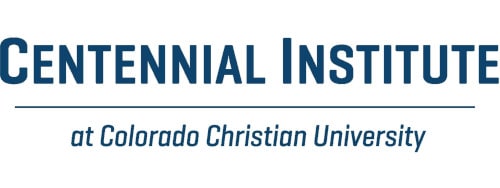
Ballots, Not Bullets: Lessons from Lincoln in a Time of Violence
Greg Schaller, Centennial Institute Director I September 12, 2025
On July 4, 1861, just months into the Civil War, President Abraham Lincoln addressed Congress to explain the stakes of the conflict. With cannons still smoking from Fort Sumter, Lincoln asked a question that remains painfully relevant today: would Americans resolve their political disagreements through ballots or through bullets?
“Our popular Government has often been called an experiment,” Lincoln said. “Two points in it our people have already settled—the successful establishing and the successful administering of it. One still remains—its successful maintenance against a formidable internal attempt to overthrow it… [to] demonstrate to the world that those who can fairly carry an election can also suppress a rebellion; that ballots are the rightful and peaceful successors of bullets.”
Lincoln’s words carried literal weight in 1861, but his warning was also timeless: a republic can only endure if its citizens accept the outcomes of elections, respect peaceful disagreement, and categorically reject violence as a political tool.
The shocking assassination of Charlie Kirk forces us once again to confront Lincoln’s question. I do not in any way equate this tragic event with the Civil War. The scale and stakes are different. But the spirit of Lincoln’s challenge is the same: will we resolve our differences through persuasion and elections, or through intimidation and violence?
Charlie Kirk was a controversial figure, loved by many and criticized by others. That is precisely what should make his loss so sobering. In a free society, disagreement is inevitable. Our system is designed to let vigorous debate flourish, to allow citizens to argue, persuade, and ultimately decide at the ballot box. To substitute violence for debate is not only to attack an individual but to assault the very principle of self-government.
Political violence in America is not new, but it is deeply corrosive whenever it appears. The 1960s saw the assassinations of John F. Kennedy, Martin Luther King, Jr., and Robert F. Kennedy. Each instance leaves a scar. They remind us how fragile the bonds of citizenship can be when we forget that our opponents are still our fellow countrymen.
What makes the American experiment unique is not unanimity of opinion. Rather, it is our shared commitment to settle disagreements without violence. When we lose that, we lose the very thing that makes us different from despotic regimes where power flows from the barrel of a gun.
That is why Lincoln’s words deserve to be heard again today: “What they cannot take by an election, neither can they take by a war.” In other words, if persuasion fails, the answer is not violence but patience—waiting for another election, another debate, another chance to win the argument.
Charlie Kirk believed deeply in the power of ideas. He built Turning Point USA to mobilize young people, not into mobs, but into movements of persuasion. He devoted his energy to rallies, speeches, podcasts, and grassroots organizing; all expressions of the principle that change should come from argument and votes, not violence and fear. His death at the hands of an assassin is not only a personal tragedy but a symbolic challenge to the path he chose.
In moments like this, we face a temptation to despair. If violence can silence a voice, what hope is there for peaceful debate? But despair is not an option for a free people. The only fitting response is to rededicate ourselves to the path of ballots, not bullets. To prove that the experiment in self-government is not over. To ensure that Charlie’s work, and the work of millions of citizens across the spectrum who believe in persuasion over coercion does not die with him.
This will not be easy. Political tensions today are high. Social media accelerates outrage. Institutions are distrusted. Each side views the other not merely as mistaken but as malicious. In such an environment, the line between rhetorical warfare and physical violence grows thin. But precisely for that reason, the responsibility falls even heavier on each of us to reaffirm that political differences must never be settled with violence.
In his 1861 Independence Day speech to Congress, Lincoln called it “a great lesson of peace.” We need that lesson again. We must teach it in our schools, embody it in our communities, and demand it of our leaders. We must learn to see opponents not as enemies to be destroyed, but as fellow citizens to be persuaded.
Greg Schaller serves as the director of the Centennial Institute, the conservative think tank of Colorado Christian University. He has taught politics at CCU, Villanova University and St. Joseph’s University. He holds a B.A. in political science and history from Eastern University and an M.A. in political science from Villanova University.
– –
Centennial Institute is Colorado Christian University’s think tank, mobilizing ideas on faith, family, and freedom to strengthen America’s future. Colorado Christian University is a nonpartisan 501(c)(3) organization that does not endorse or oppose any candidate or political party for public office.
Twitter | @CentennialCCU Instagram | @centennialinstitute

